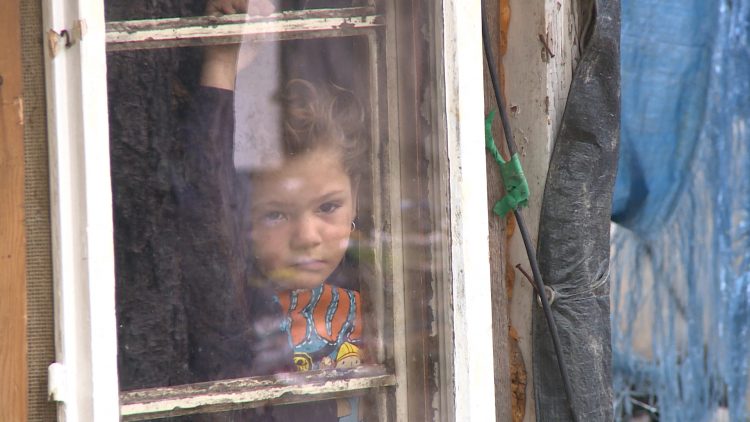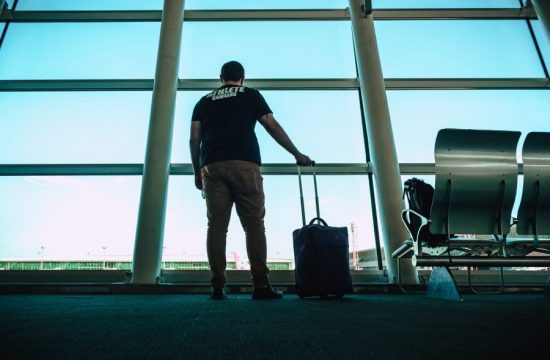
Following a decision by municipal authorities, Roma families living in an improvised settlement in Sarajevo’s Ilidza neighbourhood, mostly women and children, must leave their makeshift homes within a week, and since they have nowhere else to go, they say they will set up tents in front of the municipal mayor’s office.
Some of the members of the Roma minority have been living in the improvised settlement for years, without access to electricity, heating or running water and surrounded by garbage.
They say they are willing to move, but have nowhere else to go.
The family of Alma Seferovic, a mother of seven who is about to give birth to another child, is among those who will end up on the street by the end of next week.
She said the decision and deadline local authorities set for her to move out is “shameful.”
Seferovic said she is willing to work, and would like her children to go to school, but does not have those possibilities.
“We are human too, they should look out for us the way they look out for themselves,” she said.
“I have a plan. I will just move to this other field, behind my shack. I can’t be on the street with my kids,” she said.
“We will go in front of the Municipality building, set up our tents there if they don’t give us anything,” said another resident of the settlement, Tahira Seferovic.
The problem of the settlement has been an issue for years, and the residents say that all they have been hearing is empty promises from local officials.

“When this new mayor came to take a picture with me here, he promised that as soon as he wins the election, he will provide us with something. So that our children have a roof over their heads. He promised he will come here. He never came,” another resident, Senada Seferovic, told N1.
According to Dervo Sejdic, the head of the ‘Kali Sara Association – Roma Information Center’, local authorities in Ilidza have always claimed they do not have the land available where alternative accommodation for the Roma families could be built, yet land was being sold to foreign nationals.
“The Minister of Human Rights allocates grant funds for housing care every year within the action plans for solving the problems of the Roma. However, the Municipality of Ilidza applied for this grant only once, in order to reconstruct one family house,” Sejdic said.





